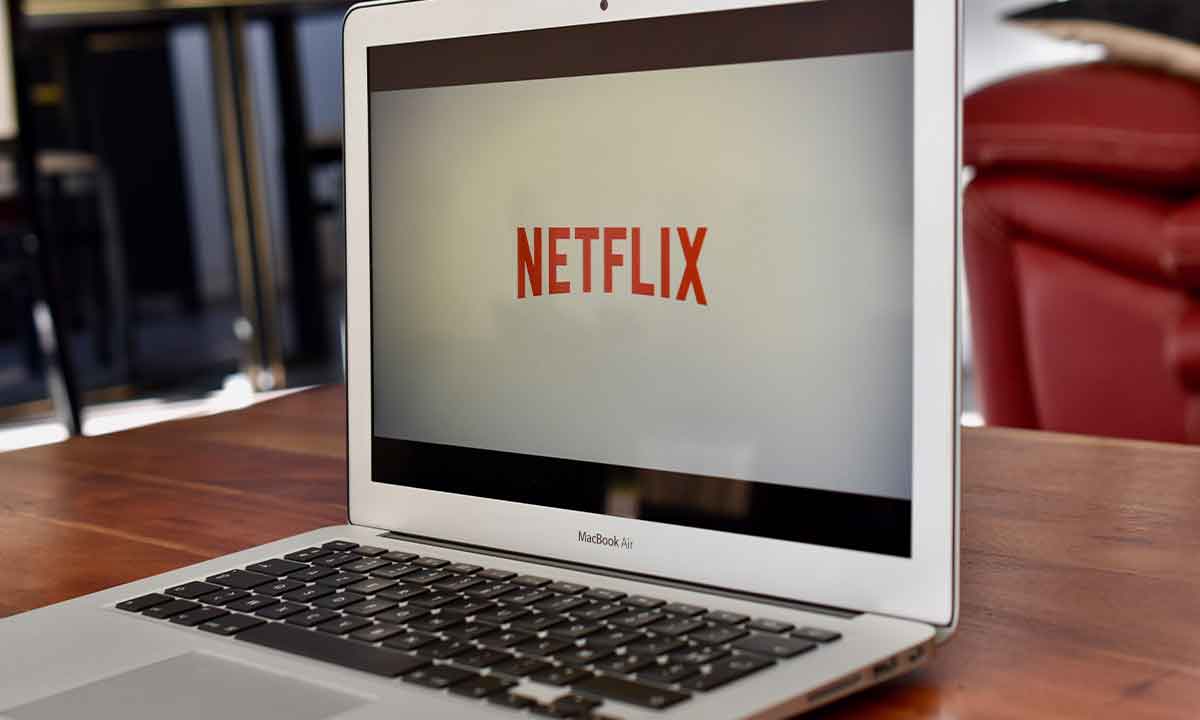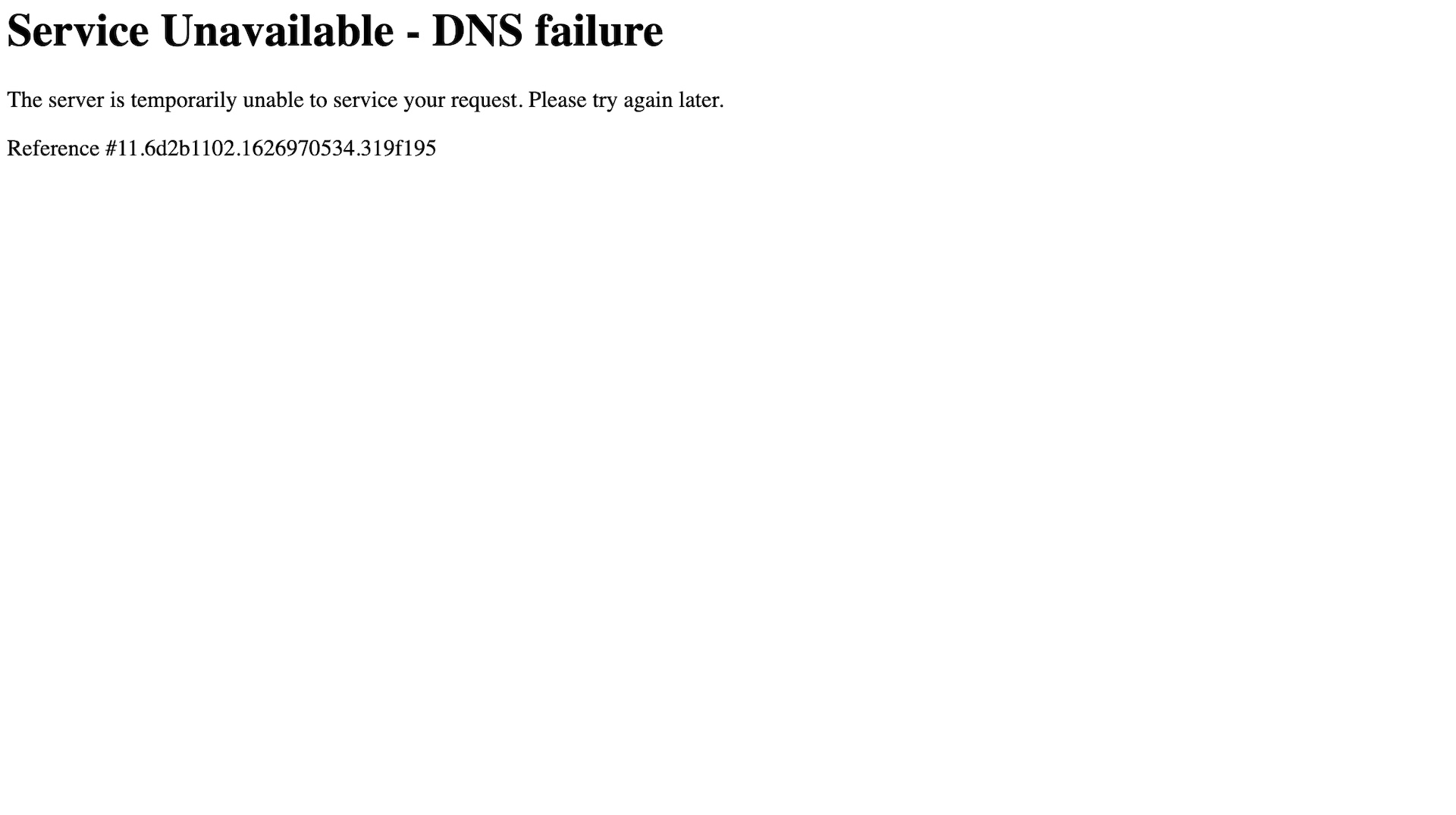
A few days ago, Netflix qualified its plan to start with the cut back on the use of shared accounts and, after many bickering, everything revolved around the location of what, they understand in the service, is the house for which he has hired himself. A plan full of fissures that, at least for the moment, Netflix has said.
As we echoed, Netflix’s idea to determine whether or not an account is being shared would use a method that combines IP addresses, device identification, and account activity from the devices used. Nothing out of the ordinary, in principle, except for the attempt to implement some of the most confusing locks and temporary codes and, taking into account the nature of a service like the one offered by Netflix, counterproductive.
Broadly speaking, Netflix would understand that only one is the main address from which the account has been contracted and everything that came out of there -aspect determined by the connection IP- was left out, subject to a re-identification every month through specific codes for each user and device, allowing its use in them for no more than a week.
Let’s say you subscribe to Netflix and the service understands that the house where you spend most of your time is the main location. But it turns out that if you live in that house during the week and for the weekend you go to another address, that no longer counts and you would have to: first, connect at least once a month at the main address with the device from which You use Netflix at the secondary address or, if this is not possible, for example if we are talking about a television, use the code above.
A nonsense that has generated criticism throughout the Internet and that has made the VOD giant back downAt least for now, it should be noted, and it is that the company is still determined to punish those who share their account to force them to checkout. Both this threat of blocking and the previously considered option that would allow those who share an account to be enabled, creating one independently and paying an extra, has not been applied, except for three countries: Chile, Costa Rica and Peru.
The truth is that it is not difficult to discern the Netflix trap from afar, because if the first step is to force users to create their own account and pay an additional amount, the gradual rise in price is more than guaranteed in the short and medium term. They are not fooling anyone, go ahead. It should be remembered that Netflix is, by far, the most expensive and most limited video-on-demand service on the market.
For the moment, what is maintained is the intention to implement the verification codes in a more intense way even than what had been anticipated, although it remains to be seen to what extent they tighten the rope and transfer the discomfort to their clients. If we stick to what is said out there, it is not a move that is going to work out for Netflix, but without a doubt the company will be the first to take it into account and assess the cost.
This same week, the consulting firm Barlovento published a study on the impact that measures such as those announced by Netflix would have among Spanish users of the service, a total of 9.6 million of whom 61.3% regularly use it from different locations and, of which, 58.7% would unsubscribe immediately if the blocking and limitation policies were applied.




